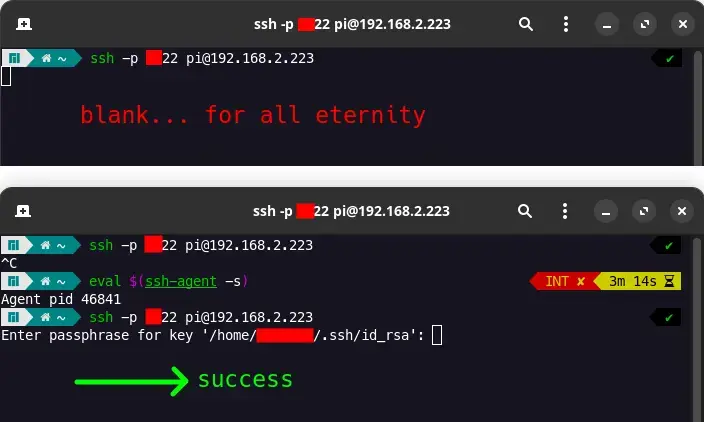117
you are viewing a single comment's thread
view the rest of the comments
view the rest of the comments
this post was submitted on 14 Aug 2024
117 points (98.3% liked)
Linux
62491 readers
515 users here now
From Wikipedia, the free encyclopedia
Linux is a family of open source Unix-like operating systems based on the Linux kernel, an operating system kernel first released on September 17, 1991 by Linus Torvalds. Linux is typically packaged in a Linux distribution (or distro for short).
Distributions include the Linux kernel and supporting system software and libraries, many of which are provided by the GNU Project. Many Linux distributions use the word "Linux" in their name, but the Free Software Foundation uses the name GNU/Linux to emphasize the importance of GNU software, causing some controversy.
Rules
- Posts must be relevant to operating systems running the Linux kernel. GNU/Linux or otherwise.
- No misinformation
- No NSFW content
- No hate speech, bigotry, etc
Related Communities
Community icon by Alpár-Etele Méder, licensed under CC BY 3.0
founded 6 years ago
MODERATORS

okay I tried that, using -i to specify private key. I get the same thing: blank / blinking cursor. When I use verbose -v flag, I see that in both (using -i, the config file, and originally) cases (I see about 50 lines) it ends with these two lines:
where (etc) is some redacted text. It seems the server is ACCEPTING the key, which is nice. But then it's still a blinking cursor...
Check if it is true. In the server logs.
I'm not sure which logs I can and should check, but when I listen to this:
sudo tail -f /var/log/auth.logI only get this right after I ctrl+C on my blank / blinking cursor screen. (Did this 3 times in a row.)
Where MY_PUBLIC_IP is redacted. I'm not even sure why my public IP is showing. I connect locally. But ports are forwarded, yes.
Using
sudo journalctl -u sshd -fdoes not seem to output anything...That's only part of the handshake. It'd require agent input around that point.